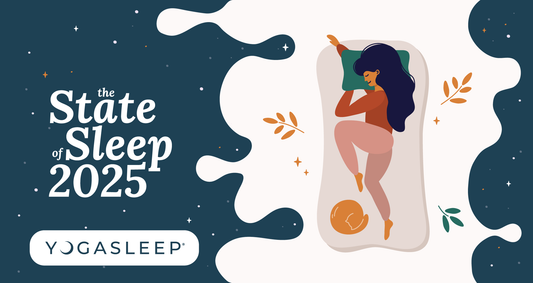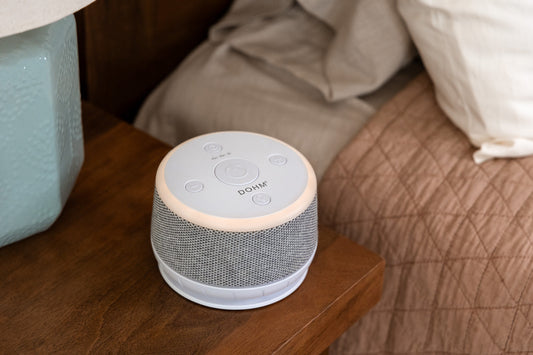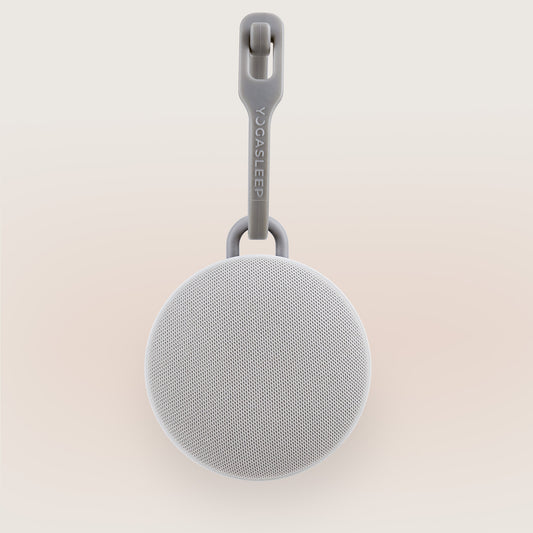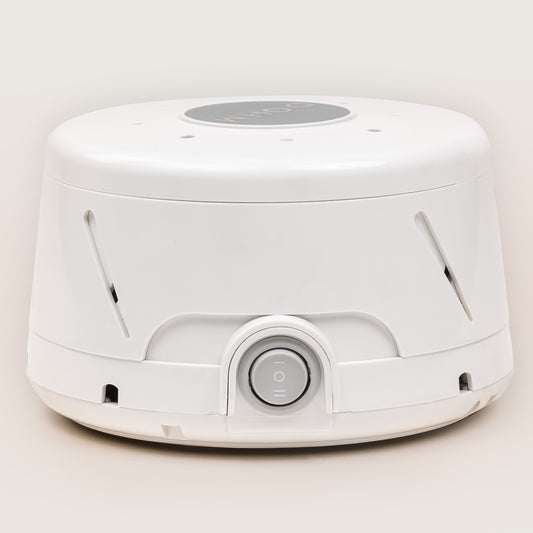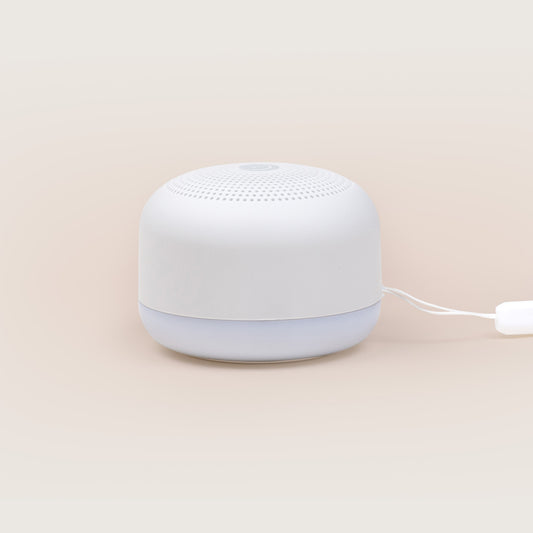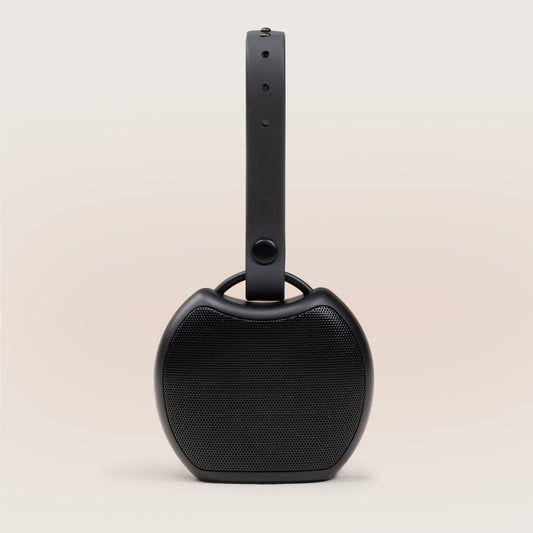
Mattress Firmness Guide
When diving into the sea of mattress shopping, you may have found yourself looking at all of the different mattress qualities and wondering, “What kind of mattress firmness do I need?” or “What is better, a firm or soft mattress? Luckily, we’re here to help you find the best mattress firmness for you.
Table of Contents
What Is Mattress Firmness?
Mattress firmness is just what the name states: how soft or hard the mattress feels. Preferred mattress firmness is entirely subjective, and everyone will have a preference when it comes to how hard or soft they want their mattress. The firmness of a mattress helps determine the overall comfort level of a mattress.
Mattress firmness is an extremely important characteristic to consider when looking at mattresses. The size of the mattress should not affect the level of firmness.
Depending on factors such as your body type, weight, and sleeping
position, different firmness levels will feel better for different
sleepers. A mattress will be harder or softer based on the materials
it’s made out of and how the mattress is built.
Firmness vs. Support
While you might think that mattress firmness and mattress support are the same things, they are not.
Mattress firmness refers to the feeling that you get when you lie down on your mattress. Mattress support, on the other hand, refers to how well your mattress holds and distributes the weight of your body and keeps your spine in alignment. They are related, but not synonymous or interchangeable. For example, a mattress may feel extremely soft but still offer significant support. Conversely, a firm mattress may be hard but not actually offer adequate support or body contouring.
Why Does Mattress Firmness Matter?
The firmness of a mattress is one of the most important characteristics to take into consideration when choosing a mattress. The firmness of the mattress you choose will determine the overall comfort level of your bed, as it will either make each night of sleep restorative and enjoyable or cause you to wake up with aches and pains (or possibly even prevent you from falling asleep in the first place).
Mattress Firmness Scale

What Is The Mattress Firmness Scale?
To help mattress buyers understand firmness, most mattress companies tend to score their beds on a Firmness Scale with a rating from 1 to 10 – with a 1 being the softest mattress imaginable and a 10 being the firmest.
While you should not determine your desired mattress firmness solely based on the mattress firmness scale, it can help give you an idea of what you’re looking for in a bed. Just remember, levels of firmness will feel different for each type of bed (innerspring, memory foam, etc.), and the firmness level that feels right to you might not suit your partner.
What Firmness Is Right for You?
The mattress firmness that will suit you best depends on a few of the following factors. Here, we’ll discuss a few important things to consider when looking for your ideal mattress firmness level.
Your Weight & Build
Your weight and build can affect how comfortable a mattress will
feel for you. Just remember, if you’re sharing your bed with a
partner that has a different body type, you’ll want to factor that
into your decision. Many couples tend to go for a medium or medium
firm mattress so both sleepers feel comfortable.
Heavy
Those on the heavier side usually benefit from a mattress ranging from medium to firm. A heavier body puts more pressure onto the mattress, which may cause a very soft mattress to sink into an uncomfortable position. You'll also want to consider looking for a thicker mattress.
Light
Sleepers with smaller builds generally do well on soft to medium firm mattresses. A firm mattress will most likely put too much pressure on pressure points and not provide enough contour to the body. This leads to aches, pains, and uncomfortable sleep.

Sleeping Positions
Different sleeping positions can also make a difference when it comes to preferred mattress firmness. This is because of the pressure that is placed on certain pressure points when resting in different positions. Your spine is also aligned differently in each sleeping position and should be accommodated accordingly.
Stomach
Stomach sleepers will benefit from a medium or firm mattress – somewhere between a 5 and a 7 on the mattress scale. Soft mattresses are prone to causing the neck to stretch into uncomfortable positions while sleeping on the stomach. A firmer mattress can help elevate the pelvis and hips which helps relieve pressure in these areas.
Side
Side sleepers usually do well with softer mattresses. When sleeping on your side, the pressure points of your body are concentrated in a smaller area, and a softer mattress will help cradle the heavier parts of the body such as your shoulders and hips.
Back
Back sleepers typically have the most choice when it comes to mattress firmness. Many back sleepers prefer a medium firm to firm mattress, but any mattress that keeps the spine in its natural alignment will provide a comfortable sleeping experience. If you do sleep on your back, you’ll want to take your weight and build into account as this will also affect the level of firmness you’ll need to keep your spine aligned.

Body Pain
If you experience body pain on a regular basis, mattress firmness will be especially important for you. Just like with different weights, builds, and sleeping positions, mattress firmness has the potential to ease your pain – while the wrong firmness could make it worse.
Back Pain
Do you need a firm or soft mattress for back pain? Sleepers with back pain should look for a mattress with a firmness level between 5 and 8 and generally benefit from mattresses that best suit side sleepers. It is imperative that those with back pain also receive proper lower back contouring from their mattress.
Shoulder Pain
A mattress that is too firm can cause your shoulders even more pain – especially if you sleep mainly on your side. If you experience shoulder pain, look for a softer mattress that is somewhere around a 3 to 5 on the firmness scale.
Hip Pain
Hip pain can be caused or worsened by improper spinal alignment. To keep your spine in the proper position, a soft or medium firm mattress with good support for your lower back is recommended.

Other Things to Consider
Partner
When sleeping with a partner, there are multiple mattress qualities to keep in mind. Your partner’s sleeping requirements may differ completely from yours, making choosing a mattress even more difficult. Most couples tend to go for a medium to medium-firm mattress with good motion control. Another option is a split king – two different twin-sized mattresses pushed next to each other to form one large bed.
Tossing & Turning
If you toss and turn during the night, you’ll want to get a mattress that is reasonably responsive. Firmer mattresses are generally better at quickly reacting to your change of position and contouring your body accordingly.
Trust Your Gut
Ultimately, when choosing a mattress, the best mattress will be whatever feels best for you. When it all comes down to it, go with your gut if you find a mattress that you truly love.
If you like sinking into the mattress a little or feeling hugged, you’ll probably prefer a softer mattress. If you’d rather sleep “on” your mattress, you’ll probably like a firmer mattress better.
Play It Safe
If you’re completely unsure about what mattress to go for, you can play it safe by choosing a medium mattress firmness. Over 80% of people enjoy this type of firmness, so there’s a good chance that you will too.

How Do I Know If My Mattress Is Too Firm or Too Soft?
Your mattress is too firm if:
- Your pressure points, like your hips or shoulders, feel like they rest too far above the rest of your body
- You wake up in pain
- You are woken up by your partner’s movements
Your mattress is too soft if:
- It’s hard to get out of bed; you feel like you’re stuck in your mattress
- Your pressure points, such as your hips and shoulders, sink below the rest of your body
- You wake up in pain

What If I Don’t Like the Firmness of My Current Mattress?
If you’ve already purchased your new bed and you’re not completely satisfied, how do you make a mattress firmer? How do you make a mattress softer? What do you do if your mattress is too soft, or too hard? There are a few steps to take before completely giving up on your mattress search.
Consider a Mattress Topper
Adding a plush or down mattress topper can help fix the uncomfortable feeling of a mattress that is too firm. It’s the closest layer to your body and can be a cheaper and easier alternative than changing your mattress altogether. Mattress toppers come in a variety of materials and thicknesses, from down to memory foam to cooling gel, and they can greatly improve the comfort of your mattress.
Try a New Pillow
Your pillow can have a significant impact on your comfort in bed, as the type of pillow you use should work in tandem with your mattress firmness . For a firmer mattress, you’ll generally need a higher or thicker pillow to properly support your head and neck. If you have a softer mattress, a thinner or more plush pillow will usually work, as you’ll be sinking into the mattress more and will want to maintain proper spinal alignment.
Return Your Mattress
Returning your mattress can seem like a hassle, but sometimes it’s what is best for your body and your sleep. Most mattress companies have generous trial periods and risk-free return policies. Before trying out a new mattress firmness, make sure to look at these policies before purchasing.
Yogasleep offers a 101-day sleep trial with free returns. We tell you to sleep on your bed for at least 30 days, because it can take some time for your body to adjust to the support of your new mattress. But if it’s not the right mattress for you, we’ll fix it!
Conclusion
As you’ve probably gathered, there is a lot to consider when it comes to mattress firmness. Ultimately, the best firmness for you comes down to how you feel on the mattress, and if you’re still unsure, it’s always best to make sure that the mattress you try has a good trial period and return policy .
Did we help you determine what mattress firmness would best suit you? Let us know on Instagram !
Disclaimer: The information on our site is NOT medical advice for any specific person or condition. It is only meant as general information. If you have any medical questions and concerns about your sleep or your baby, please contact your healthcare provider.

